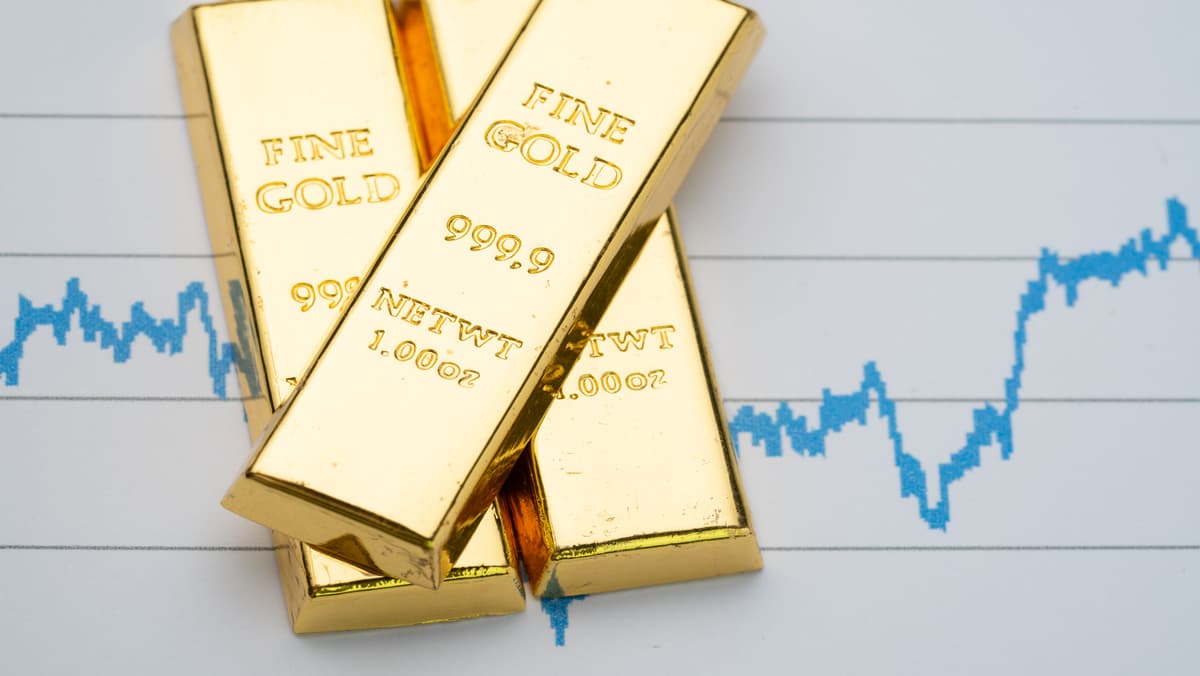Wednesday Aug 7 2024 06:05

5 min

Safe-haven investments are taking center stage in financial markets at the start of the week as investors respond to the latest developments in the Israel-Iran conflict. On Monday, S&P will release revised July PMI data for the Euro area, Germany, and the UK. Later in the day, the ISM Services PMI report for July will be published as part of the U.S. economic agenda. Meanwhile, market participants will be closely monitoring geopolitical events.
Over the weekend, U.S. Secretary of State Tony Blinken reportedly warned G7 counterparts that Iran and Hezbollah might attack Israel as soon as Monday. The White House announced that President Joe Biden will convene with his national security team to discuss "developments in the Middle East." Additionally, The Times of Israel reported that Israel might consider a preemptive strike if it discovers "airtight evidence" of an imminent attack from Tehran.
Geopolitical tensions are viewed as the top threat to global economic growth over the next year by 83% of respondents, outpacing concerns about high inflation and monetary tightening, which are cited by 73%. For the coming decade, 86% of participants see rising geopolitical fragmentation and protectionism as the most significant long-term risks.
The survey attributes this heightened focus on geopolitical risks to ongoing conflicts in Ukraine and the Middle East, escalating tensions between major powers like the U.S. and China, and the uncertainty surrounding numerous elections in 2024.
Rising concerns over a worsening crisis in the Middle East prompted market participants to seek safety early Monday, resulting in significant losses for risk-sensitive assets. As of this report, U.S. stock index futures were down between 1.7% and 4.6%. The U.S. Dollar (USD) struggled to gain from the risk-off sentiment following a disappointing July jobs report, with the USD Index down 0.6% at 102.63. Meanwhile, the yield on the benchmark 10-year U.S. Treasury bond continued to decline, staying below 3.8% after falling nearly 10% in the previous week.

The Japanese Yen
The Japanese Yen is emerging as a key safe-haven asset at the start of the week. As of the latest update, USD/JPY is down 2.4% and is testing the 143.00 level. Reflecting the broader strength of the Yen, EUR/JPY has decreased by 2% to 156.80, and GBP/JPY has fallen 2.3% to 183.24.
The Swiss Franc
The Swiss Franc is also gaining traction as a traditional safe-haven currency on Monday.
USD/CHF
USD/CHF is down nearly 1% at around 0.8500, marking its lowest level since early January.
EUR/USD
After weak U.S. labor market data led to a selloff of the USD, EUR/USD rose over 1% on Friday. The pair maintains its bullish momentum early Monday, trading above 1.0950, its highest level since early March.
Gold
Gold advanced more than 2% last week and closed at a record high above $2,440. XAU/USD remains relatively stable early Monday, trading close to Friday’s closing level.
Gold price fluctuations
Gold prices rose despite signs of some profit-taking happening as traders try to gauge how aggressive the Fed’s September rate cut will be. However, the factors impacting the precious metals still signal a further increase in prices amid expectations for dovish U.S. monetary policy.
Gold prices rose on Monday amid rising concerns over a recession in the U.S., which boosted safe-haven demand for the precious metal. Demand for gold is also on the rise amid growing expectations of a September rate cut from the Federal Reserve.
In the UAE, gold prices rose AED0.75 with 24-carat gold rising to AED296.75 while 22-carat gold increased to AED274.75. Meanwhile, 21-carat gold reached AED266 and 18-carat gold reached AED228.
Globally, spot gold rose 0.42 percent to $2,451.52, as of 5:08 GMT. Meanwhile, U.S. gold futures gained 0.85 percent to $2,490.80.
When considering shares, indices, forex (foreign exchange) and commodities for trading and price predictions, remember that trading CFDs involves a significant degree of risk and could result in capital loss.
Past performance is not indicative of any future results. This information is provided for informative purposes only and should not be construed to be investment advice.